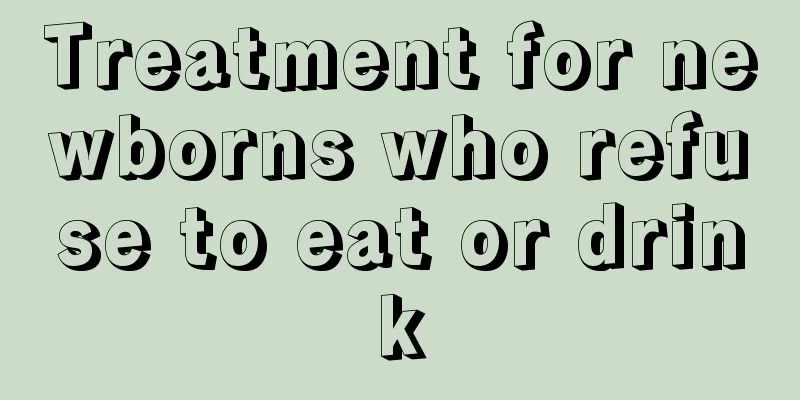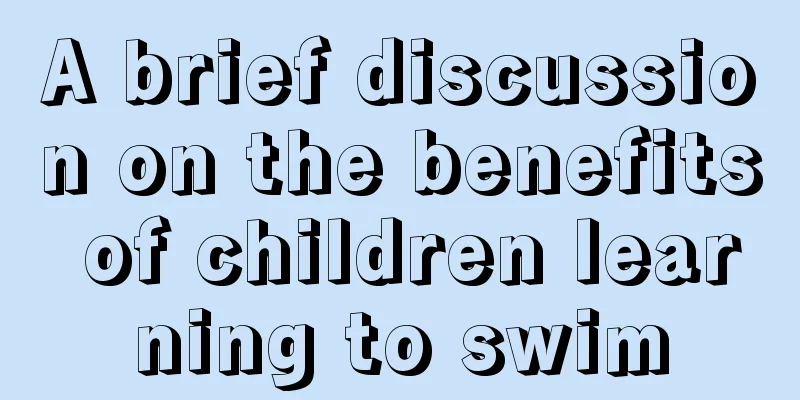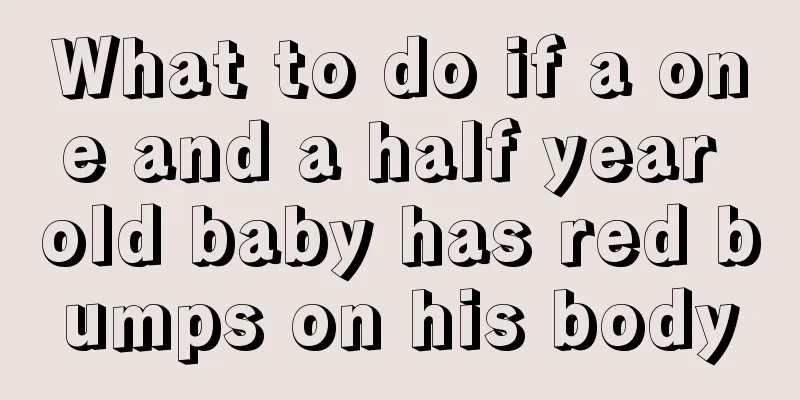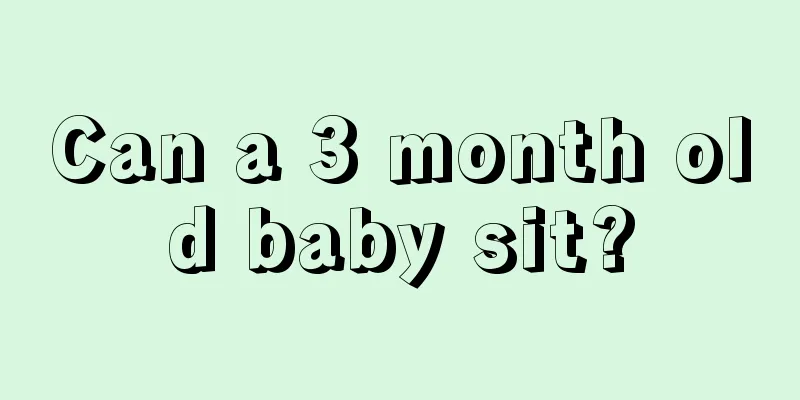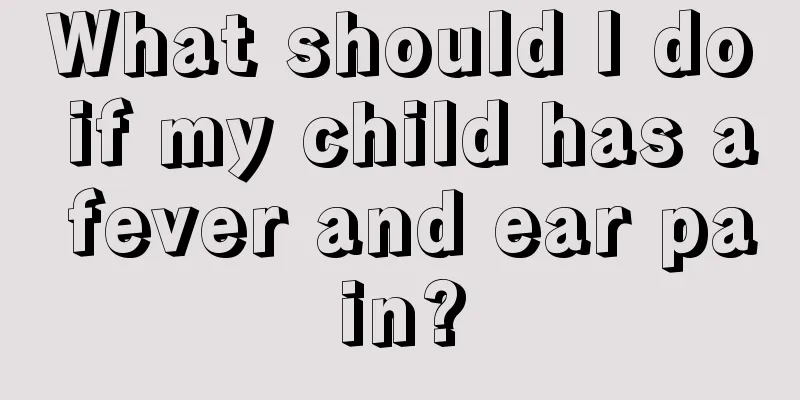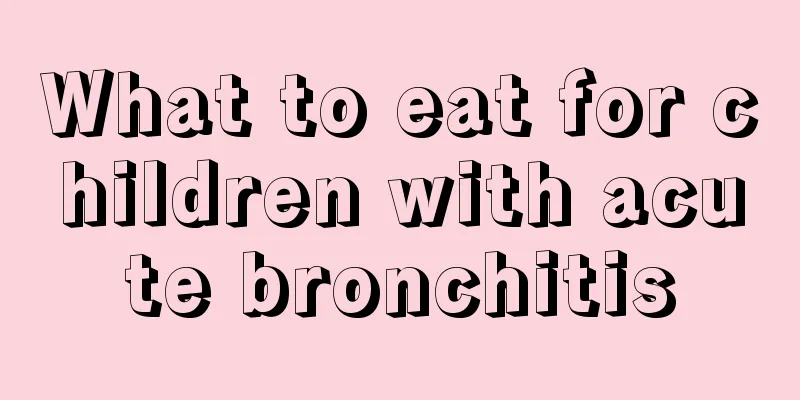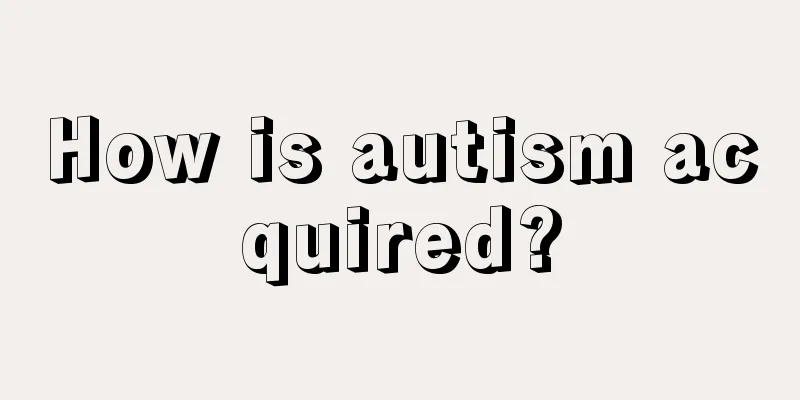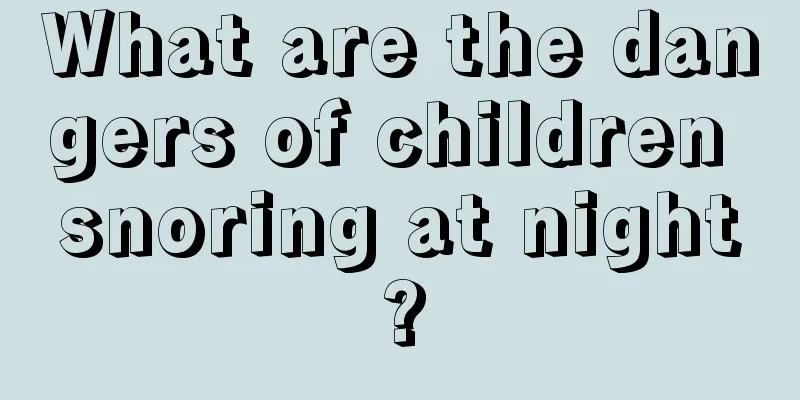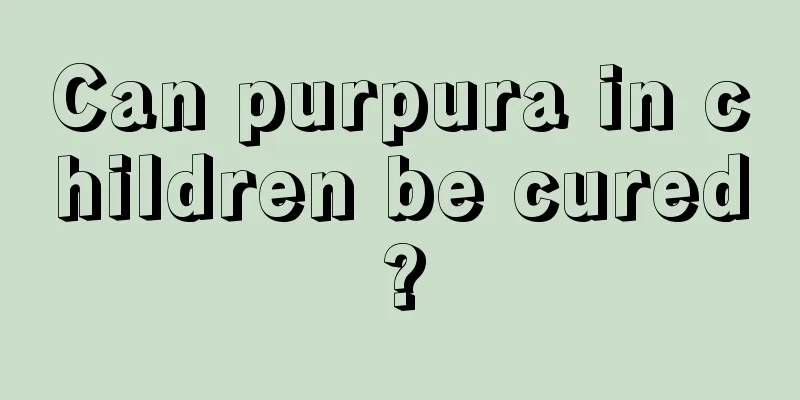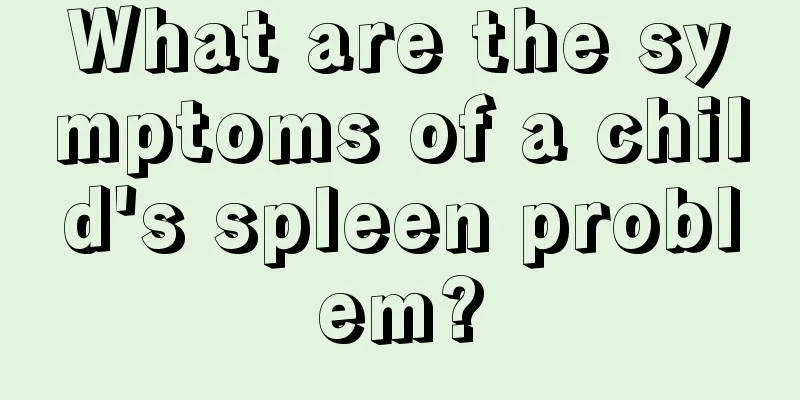3-year-old baby has fever and convulsions
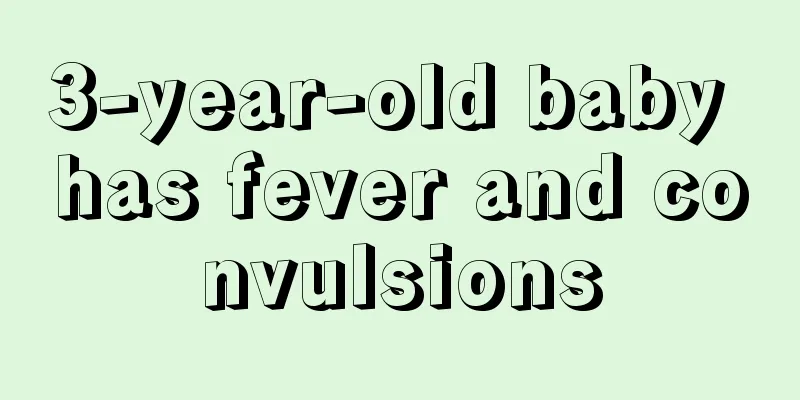
|
When a baby has a fever, he or she will have many uncomfortable symptoms. For example, some babies will have convulsions due to fever, which is commonly known as heat cramps. Heat cramps are very dangerous for babies. If they are not cared for and cooled down in time, they will have a certain impact on other parts of the baby. So, what should you do if your baby has a fever and convulsions? The following is a detailed introduction. 1. Why do babies have convulsions when they have a fever?Fever can be said to be the most common physical sign in babies. According to statistics, children who go to the hospital due to fever generally account for 10% to 15% of children's outpatient visits, and many of them are admitted to the hospital in emergency due to fever and convulsions. There are many reasons for children's convulsions, including febrile convulsions, epilepsy, electrolyte disorders, etc. Among them, febrile convulsions are the most common cause of children's convulsions.
Febrile Seizure is also called "convulsion". It does not simply refer to "convulsion" (twitching) that occurs when you have a fever. Febrile seizures occur in infancy (usually between 3 months and 6 years old) when a sudden rise in body temperature causes abnormal electrical activity in the brain, leading to muscle spasms throughout the body. Moreover, febrile seizures can only be diagnosed after excluding intracranial infection or other clear causes. If a person has had convulsions before without fever, it cannot be diagnosed as a febrile convulsion.
Many parents are frightened and distressed when they see their children convulsing violently: Why does this look so much like epilepsy? Although the symptoms of febrile seizures and epilepsy are similar, they are not the same disease. Febrile seizures can be divided into simple and complex types. Simple febrile convulsions often occur in children aged 6 months to 3 years, and often occur within 24 hours after the fever. The convulsion usually lasts less than 5 minutes and will not occur again within 24 hours. After the seizure, the child's EEG was normal, and his physical and intellectual development were also normal. Most children who suffer febrile convulsions have simple seizures, which generally have a good prognosis and rarely have any sequelae. And as you age, the chance of an attack will gradually decrease. |
<<: How to teach autistic children to speak?
>>: What should I do if my child chokes?
Recommend
What to do if your child coughs after eating ice cream
Ice cream is sweet, delicious, and thirst-quenchi...
20-month-old baby's intellectual development
We all know that as the baby grows, mothers are p...
What's wrong with a child having a low fever and sweating?
Low-grade fever is a relatively common disease at...
What to do if your baby's feet are swollen
There are many reasons for swollen feet. When you...
What should I do if my four-month-old baby doesn't grow hair?
If your baby doesn't grow hair for four month...
What are the side effects of enema in children?
First of all, I would like to remind all parents ...
Symptoms of pharyngitis in children, these characteristics must not be ignored
Children will show symptoms after suffering from ...
Signs of a child's lack of security
During the process of a child's growth, vario...
Acne on the child's face
Many people think that only boys and girls enteri...
What to do if your baby gets angry? Moms, take a look
After a child is born, his constitution is actual...
Is it necessary for babies to have a cardiac ultrasound?
When babies are young, they are very likely to su...
Can purpura in children be cured?
Children have relatively weak resistance and are ...
Green and foamy stool in children
If a child passes green stool with some small bub...
Why do children have trouble sleeping?
Poor sleep at night refers to the inability to fa...
Child foaming at the mouth while sleeping
Children foaming at the mouth while sleeping can ...
